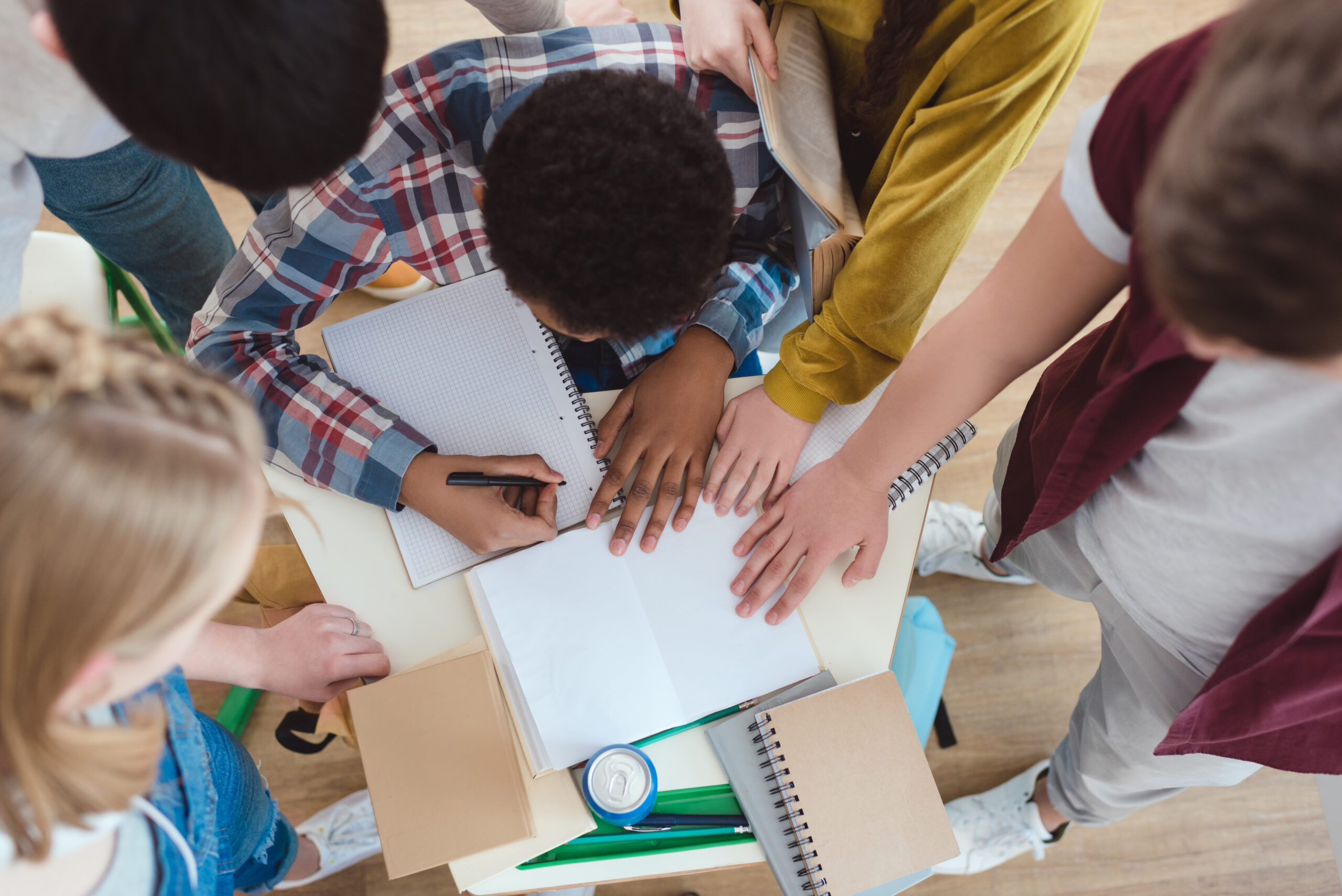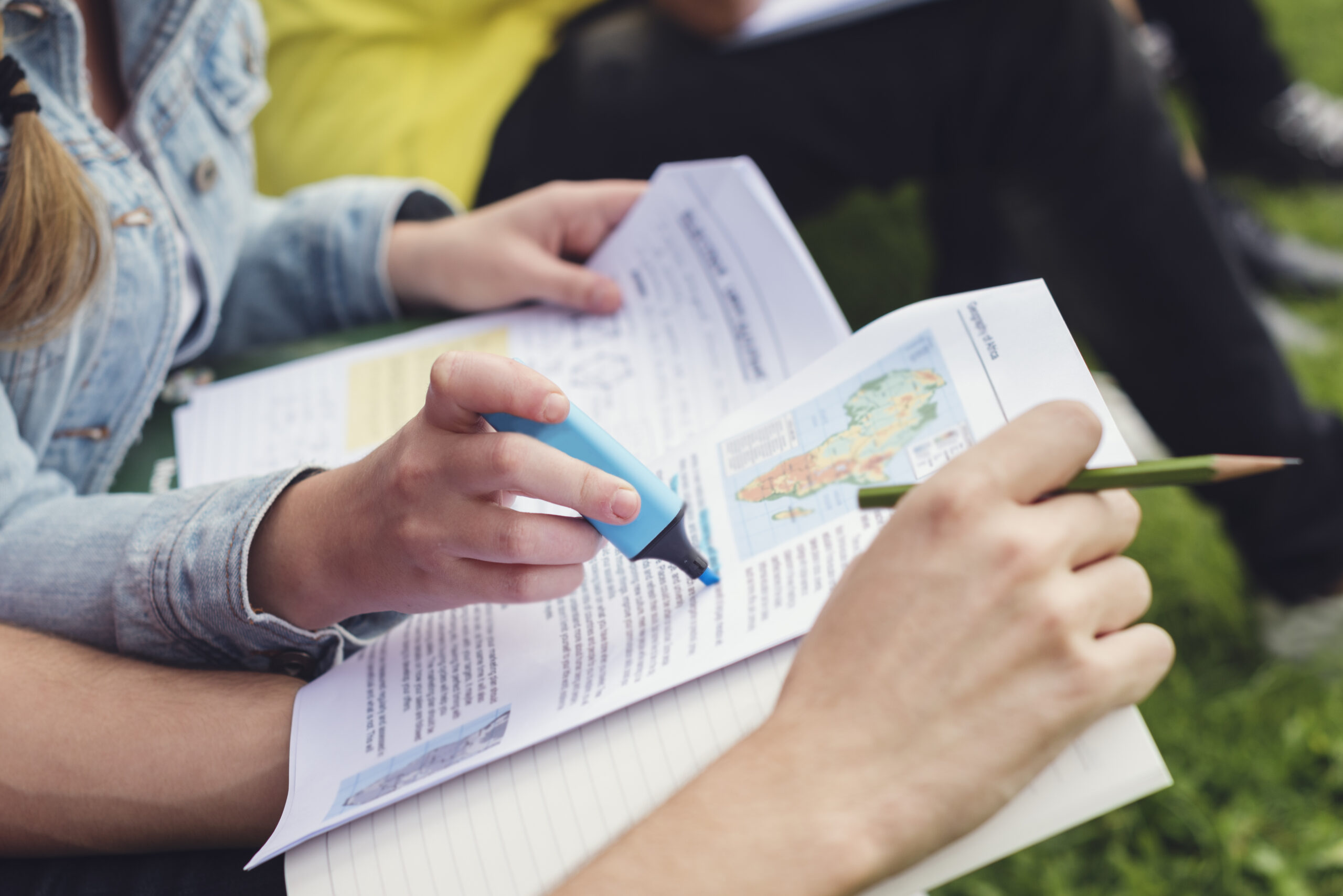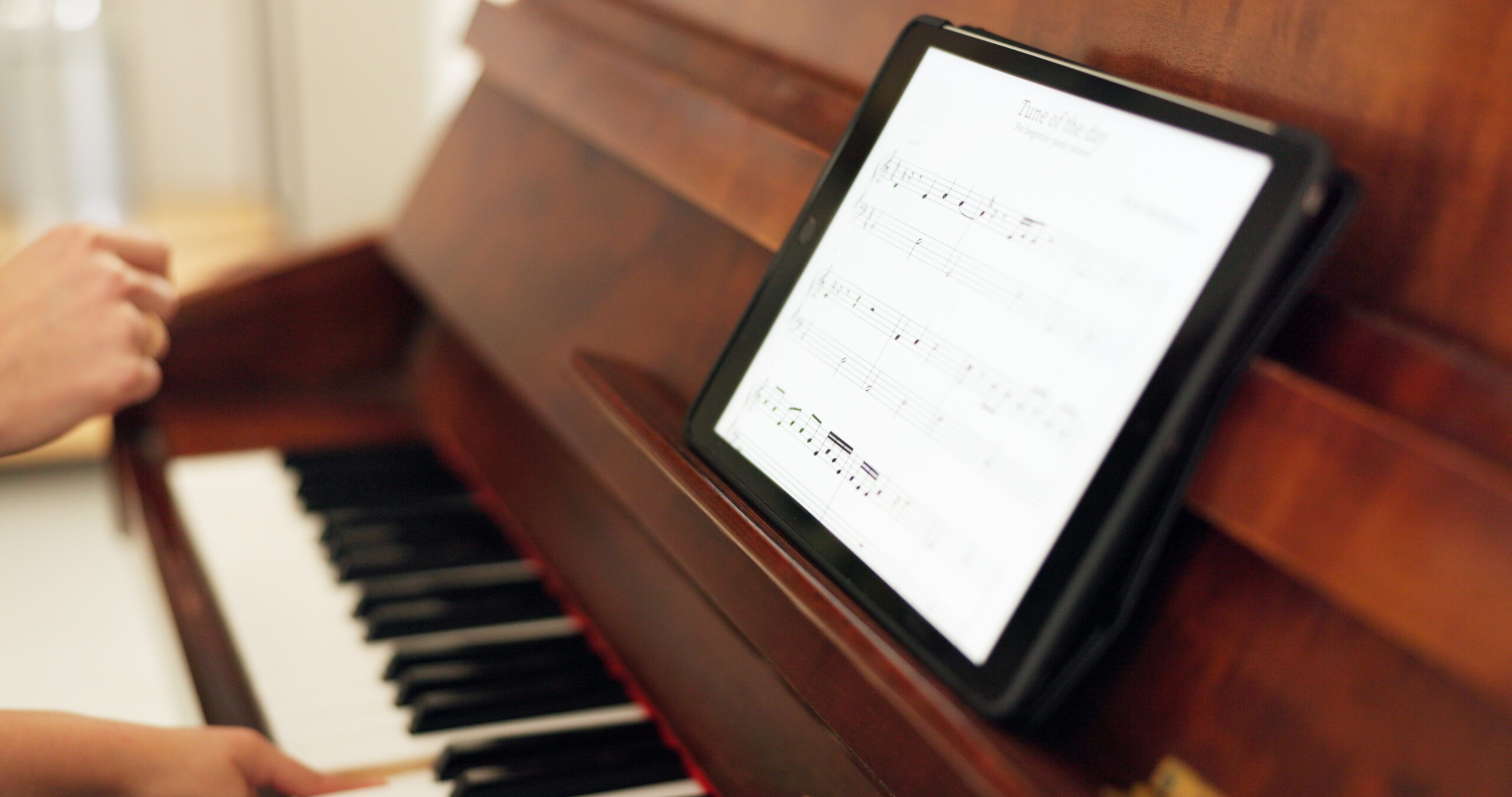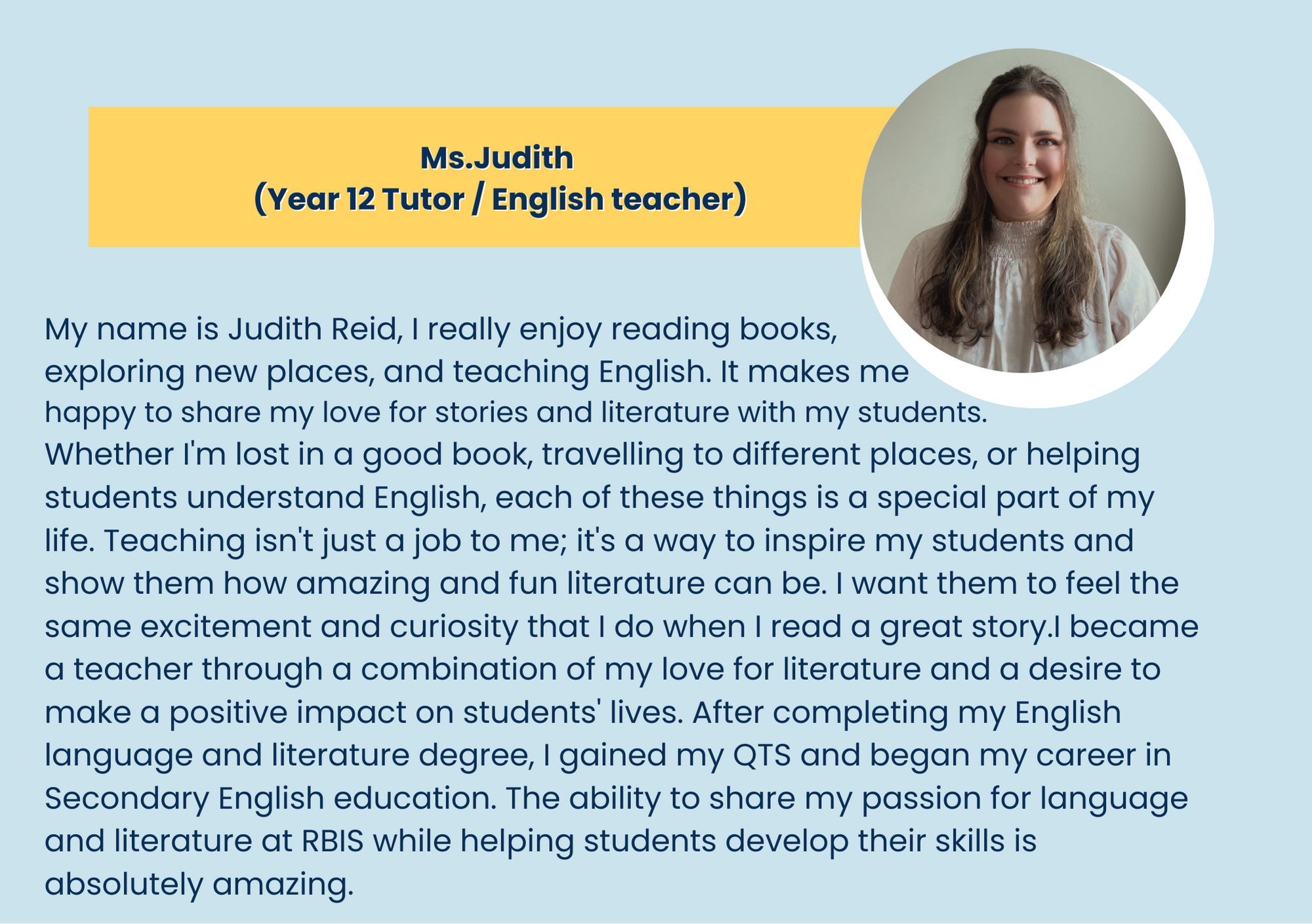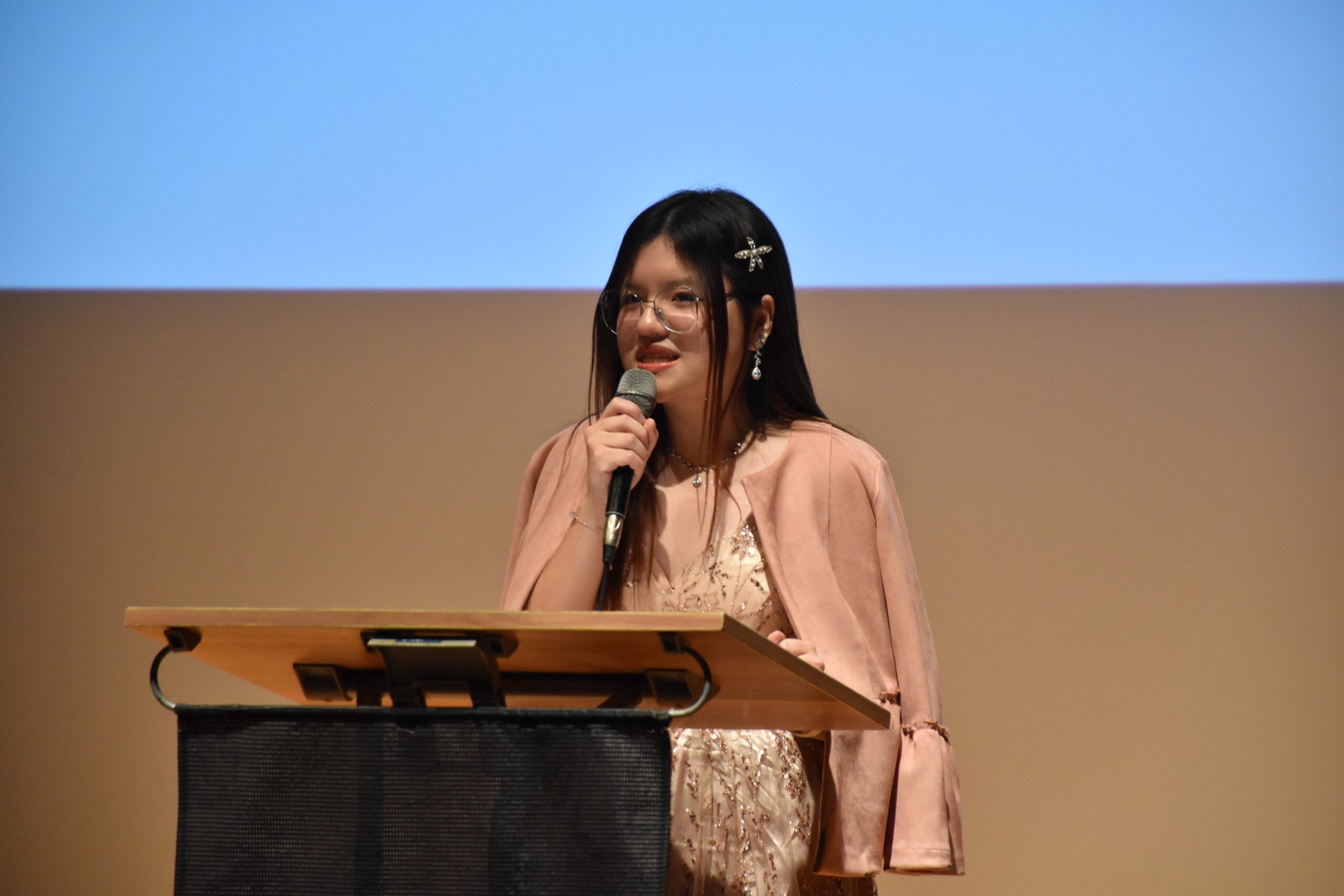Key Stage 3 education covers a wide range of subjects to provide students with a broad
foundation. These subjects include:
English: This subject covers language skills, literature, reading comprehension, writing, and communication.
Computer Science: This will equip the students to be digital literate.
Mathematics: Mathematics education at this stage involves building foundational skills in areas like algebra, geometry, statistics, and arithmetic.
Science: Science education usually includes biology, chemistry, and physics, introducing fundamental concepts and scientific methods.
History: Students learn about significant historical events, periods, and individuals, fostering an understanding of the past.
Geography: Geography covers topics like physical landscapes, environmental issues, human geography, and global systems.
Thai Language and Culture: There are two groups of students for Thai Language lessons, one for Thai native students and the other one for international students to meet the levels of suitability
Modern Foreign Languages: Mandarin Chinese is taught in the timetable and assessed using the HSK examination. Students can also choose to learn a foreign language such as French, German, Spanish, or others. This can be arranged as requested.
Art and Design: Students explore various artistic techniques, styles, and mediums to foster creativity and expression.
Music: Music education includes elements like theory, performance, composition, and appreciation of different genres.
Physical Education (PE): This subject focuses on physical fitness, sports, and health-related activities.
Key Stage 3 education aims to provide a well-rounded foundation across various disciplines, enabling students to develop skills, knowledge, and interests that will support their future academic and personal growth.
The student also enjoys educational field and residential trips locally and abroad to enrich their learning experience.
Our collaboration with organisations such as Round Square and FOBSIA provides more opportunities for enrichment for students. There are academic competitions, music, and sports events.
We also provide opportunities for our advanced students with academic challenges platforms such as international competitions. We annually participate in the prestigious UKMT, United Kingdom Mathematics Trust, and Olympiad.
https://ukmt.org.uk/

